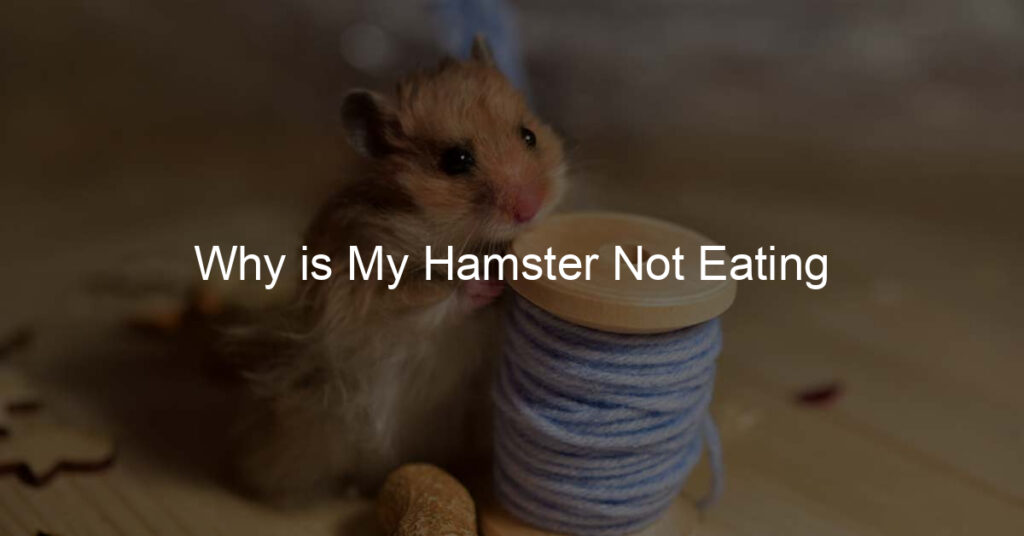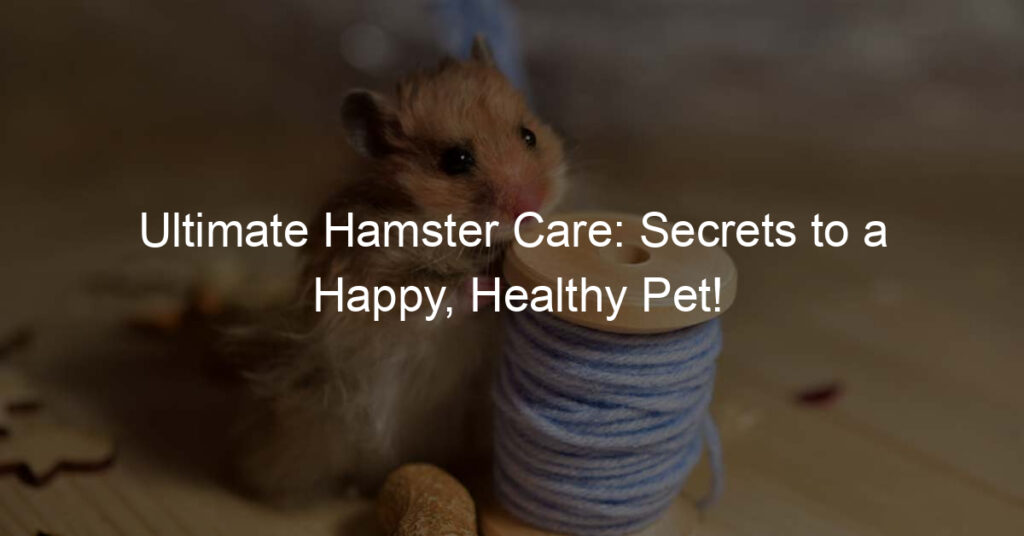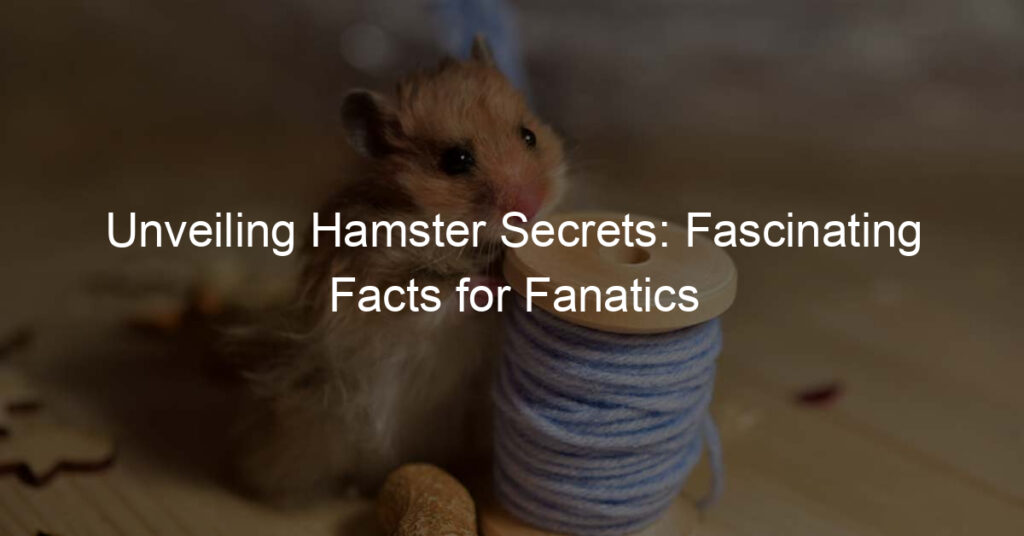If you’ve noticed that your hamster has been eating less lately, you might be wondering why. There are a few reasons why your hamster may not be eating as much as usual, and we’ll go over some of them here. Hopefully, this will help you figure out what’s going on with your furry friend.
1. Could be sick – take to the vet.
2. Might not like the food you’re giving it.
3. Maybe stressed from a recent move or change in environment.
4. Could be pregnant – check for signs of pregnancy.
5. May have something stuck in its teeth – check its mouth for anything blocking its ability to eat.
What should I do if my hamster is not eating?
If your hamster isn’t eating, the first step is to try different foods. Of course, a healthy diet includes things like fruits and veggies, but try not to overload them with new flavors all at once. Change out their food gradually and provide a tender touch throughout the process since hamsters can be easily stressed out by change.
Also, make sure you are giving them clean water every day and keeping their environment as stress-free as possible. If these measures don’t work, it might be time to visit the vet to make sure there isn’t an underlying medical issue causing their lack of appetite.
How can I make my hamster eat?
Hamsters can be finicky eaters, but there are a few tricks that can help get them to chow down. Start by providing fresh food every day – think fruits and vegetables, hamster mix, seeds, or meats. Make sure you’re also offering different kinds of things for your furry friend to nibble on – this will give them an interesting menu full of variety.
To make their diet more fun, try hiding their food around the cage or putting it in a snuffle mat – these activities stimulate natural foraging behavior, encouraging your hamster to explore and eat. Finally, make sure you provide plenty of clean water throughout the day. With these tips in mind, your little companion is sure to keep on munching!
What are the symptoms of a sick hamster?
A sick hamster will exhibit several tell-tale signs that will let you know it isn’t feeling so great. These include a loss of appetite and energy, sluggish behavior, irregularities in its stools, teeth grinding, red or teary eyes, excessive scratching and sneezing, lack of grooming, discharge from the nose and eyes, and even tumors. If any of these symptoms show up in your pet hamster, make sure to take them to the vet right away for examination.
The quicker you are able to diagnose what ails them the better! Taking care of a pet hamster can be incredibly rewarding, but it’s important to keep an eye out for signs that something isn’t quite right. By understanding the possible reasons why your hamster may not be eating and what you can do to help, you’ll give your furry friend the best chance at a happy and healthy life.
How long can hamsters go without eating?
Hamsters are surprisingly resilient animals when it comes to food, and they can go quite some time without eating. Generally, they need to eat daily, but in a pinch, they can survive up to four days without anything to nibble. It’s important not to push their limits though; there’s no point in stretching how long your pet can go without eating when regular meals are available.
Hamsters also store food away in their cheek pouches which act as a backup meal for them if they’re unable to get out of bedding materials or tunnels they’ve burrowed into. With that being said, it’s always best practice to provide your hamster with access to a consistent and healthy diet!
The Summary!
All in all, finding out that your hamster isn’t eating can be a difficult thing to come to terms with. However, by understanding the common causes of this behavior, you can get to the root of the problem and implement strategies for helping your furry friend get back to their usual diet.
Additionally, paying attention to telltale signs of an illness can provide valuable insight into if something more serious may be wrong and help you determine when a visit to the vet is necessary. Ultimately, providing adequate food and nutrition is paramount to ensuring your hamster stays as healthy and happy as possible.








